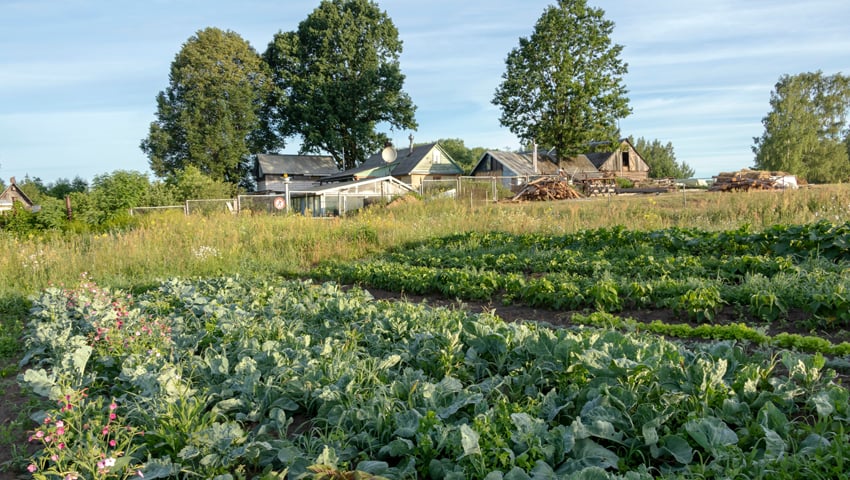RuralPod Media has released a two-part series exploring a century of biodynamic farming on its weekly show – Meet the Farmers Podcast.
Presented by rural affairs podcaster Ben Eagle, the first episode explores the history of biodynamic agriculture, telling the story of how it was started by Rudolf Steiner in 1924, how it came to Britain and how it developed over time.
The podcast includes interviews with Bernard Jarman, author of The Biodynamic Movement in Britain: A History of the First 100 Years and Gabriel Kaye, Executive Director of the Biodynamic Association.
In episode 2 Ben hears from biodynamic farmers from England and Scotland about their experiences and considers the future for biodynamic agriculture.
The podcast series is available to listen to on Meet the Farmers podcast on Spotify, Apple Podcasts and other podcast providers.
Ben Eagle, Head of Podcasts at RuralPod Media said, “Last year I was approached by biodynamic farmers Alison and John Chapman with the idea of creating a short podcast series to celebrate the centenary of biodynamic agriculture. I had volunteered on Alison and John’s farm in Galloway 12 years ago when I read Rudolf Steiner’s lectures about biodynamic farming. However, since then, my career has taken me in different directions and most of the podcasts I now produce, albeit based around farming and occasionally organic farming, are distant from biodynamics. The opportunity to take a deeper dive into the history of biodynamic farming intrigued me and so I accepted the challenge. The two episodes provide an overview of biodynamics and profile some of the people and issues behind biodynamic agriculture today. I hope they will interest listeners and encourage them to take the plunge into learning more about biodynamic farming.”
Gabriel Kaye, Executive Director of the Biodynamic Association said, ‘’Biodynamic methods work with nature and increase biodiversity working with communities at all levels: bacterial and fungal in soil, plant, insect and local population, enabling children to grow up knowing where their food comes from and how it grows. Respect is at its core, and it is regenerative, restorative and uses no artificial chemicals to grow good healthy harvests”.
